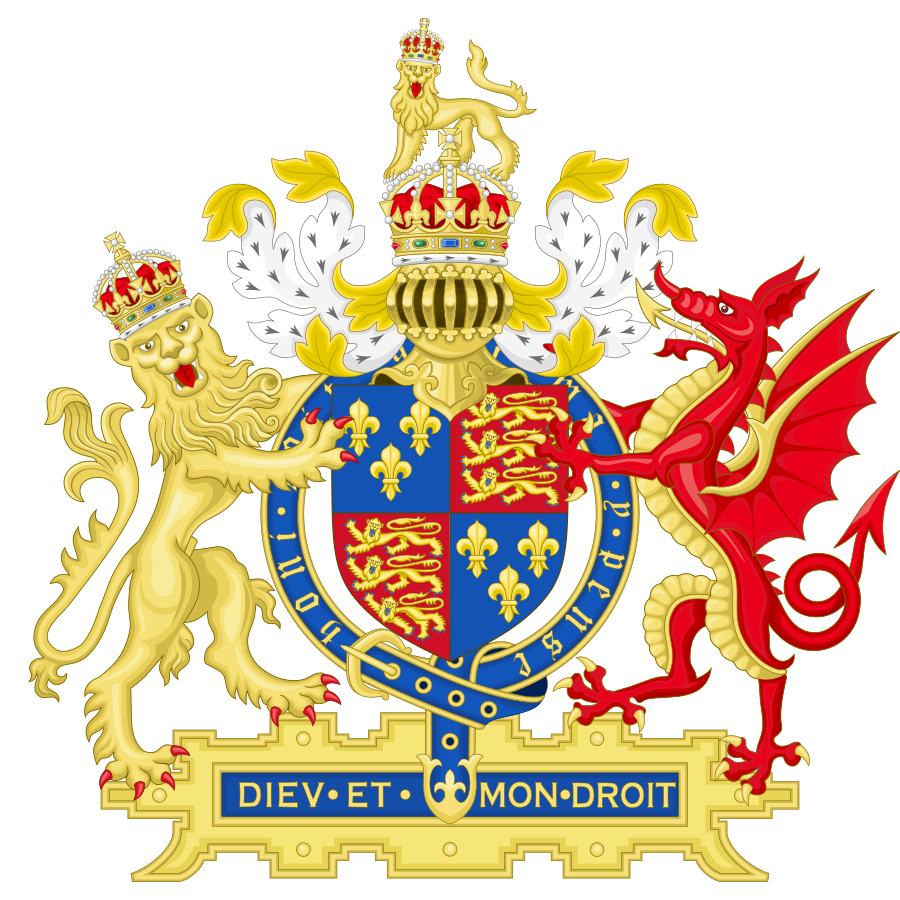
Politics and sports have a history of not necessarily agreeing with one another. But that’s ok – politics are generally disagreeable, to some extent. The troubles come though, when the realms of sports and politics tend to overlap. Certainly questions arise from these overlaps – for example, should government be involved in the development of concussion protocols for youth?, for young adults?, and/or for the adults who earn their livelihood through sports? Also, recently we’ve had congressional hearings on matters such as steroid use in sports; and, with different states adopting various levels of acceptance of previously outlawed substances such as marijuana, the landscape of politics and sports is increasingly complex. Comparatively speaking though, with some rulers from world history, the interfacing between sports and politics in America is remarkably tolerant.
There have been times though, in parts of the world, where rulers were far less tolerant – for example, a brief view of the Irish national sport of hurling will unveil the fact that the Statutes of Kilkenny, in the 13th Century, banned hurling because it was said to be too violent. But that didn’t last long – and brevity seems to be a frequent common denominator among the times when banning sports seemed best. There was even a time when kings saw fit to outlaw what has become the world’s most popular sport – football! Yup – back then, soccer got the boot!
In the 14th Century, King Edward II issued a royal decree banning the game of soccer. Now, the soccer football that they were playing then, in the 14th Century, looked very little like the soccer we see played today, on playgrounds and pitches the world over. In that time, the medieval era, the game of soccer that they played often pitted town against town, with hundreds of players on a side, brawling across fields, over hills, or down roads. Later, their brand of soccer/football became commonly understood to be mob football. It was very popular, but – nevertheless, the king threatened players with harsh prison terms if they continued to play. And through the years, other kings followed suit. In the 15th Century, one Scottish king decreed:
“It is statute and ordained that in no place of the Realme there be used Fute-ball, Golf, or uther unprofitable sports.”
This certainly begs the question – what was the big deal? Why was the king upset by the playing of sports – like golf, and football, and “uther” sports? Well, the kings considered them “unprofitable” because they were distracting men from archery practice – and, it was archery practice, of course, which, at that time, was essential for the formidable defense of the Realme. Without a populace of well-trained archers, they couldn’t raise effective armies in times of crisis.
Is it not interesting how profitableness now means something far different – yet, not surprisingly, the king’s edicts ultimately proved no match for the passion of men for sport. The laws were ignored and eventually forgotten. Soccer and golf continued to be played, kingdoms were won and lost nevertheless, and archery went from being profitable for defense of the Realme – to becoming itself – an exercise of recreation and sport.
Sources:
Beyer, R. (2003). The greatest stories never told. Harper Collins: New York
Croke Park (2017). Hurling. Available: https://crokepark.ie/home Retrieved: February 23, 2017.
By Dr. Rodney J. Blackman
Dr. Rodney J. Blackman is the Chair of Recreation Management at the United States Sports Academy, and can be reached at rblackman@ussa.edu.